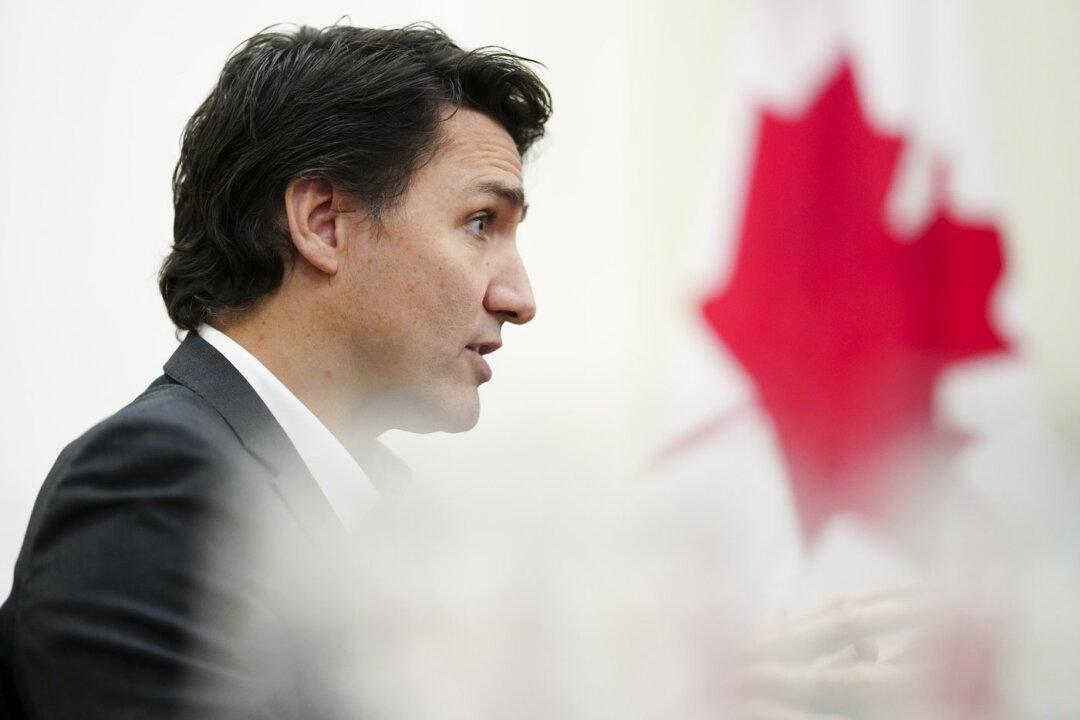Prime Minister Justin Trudeau has endorsed the airstrikes against the Iran-backed Houthi in Yemen, saying the attack by U.S. and British forces was accomplished with the support of Canada’s military.
Mr. Trudeau, during a press conference in Guelph Jan. 12, called the Houthis’ actions against commercial ships carrying economic and humanitarian goods in the Red Sea “absolutely unacceptable” and “contrary to international law.”





